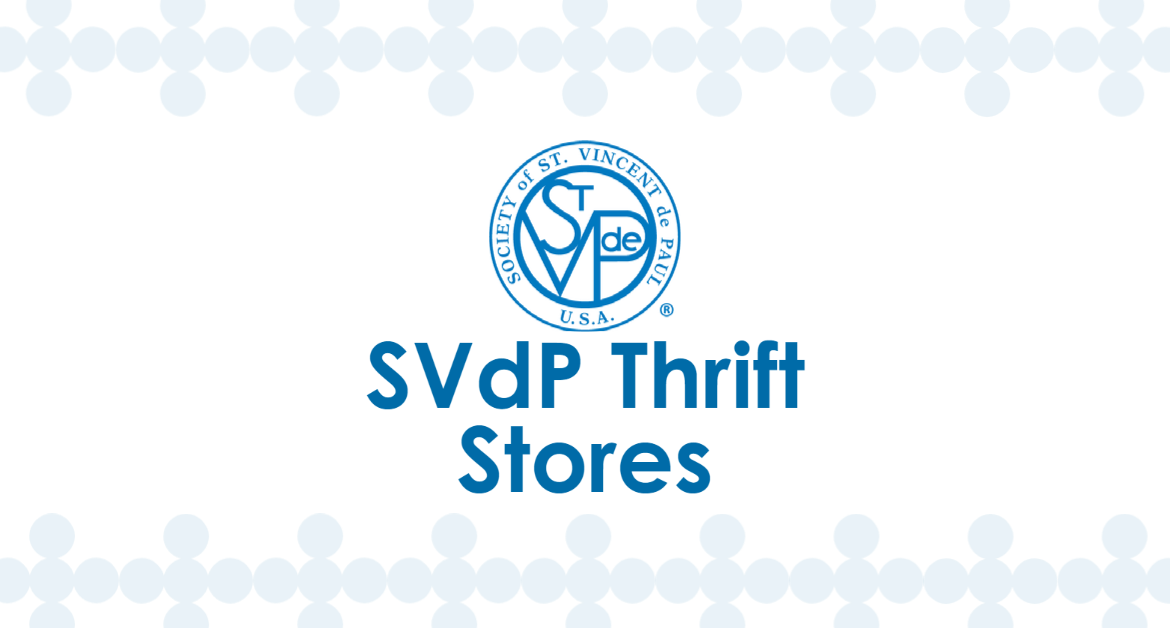Q: We currently have two individuals who have been working and volunteering in our Thrift Store for years. Is it against the law to have an individual as both an employee and volunteer?
A: Once a person is hired to do a job, he/she must be paid to do that job. They are not allowed to do that job for pay sometime and for no pay (volunteer) sometime; it is against labor laws. A person may volunteer to do work that is totally unrelated to the work he/she is paid to do. For example, a store employee may work as a cashier and be paid for it. Then that person may volunteer to sort clothing, but may not do anything in the cashier’s job description.
Q: The President has appointed an assistant pantry manager who is not Catholic. This manager has virtually become the main person in this operation which is, by far, the biggest activity of the Conference. Is it okay for an associate member to take such a position?
A: It is not a problem for an associate member to become a pantry manager. An associate member can do a lot in Conferences, but it does not give them extra authority for Conference policy decision making. Decision making is done by active Conference members only. He/she can make operational decisions. Also, keep in mind that associate members do not vote as do full members who must be Catholic.
Spanish Translation
P: Actualmente tenemos dos personas que han trabajado y se han ofrecido como voluntarias en nuestra tienda de segunda mano durante años. ¿Es contra la ley tener a un individuo como empleado y voluntario?
R: Una vez que se contrata a una persona para hacer un trabajo, se le debe pagar por hacer ese trabajo. No se les permite hacer ese trabajo por pago en algún momento y sin pago (voluntario) en algún momento; va en contra de las leyes laborales. Una persona puede ofrecerse como voluntario para realizar un trabajo que no está relacionado en absoluto con el trabajo por el que se le paga. Por ejemplo, un empleado de una tienda puede trabajar como cajero y recibir un pago por ello. Entonces esa persona puede ofrecerse voluntariamente para clasificar la ropa, pero no puede hacer nada en la descripción del trabajo del cajero.
P: El presidente ha designado a una persona que no católico para ser subdirector de la despensa. Este subdirector se ha convertido prácticamente en la persona principal de esta operación que es la actividad principal de la Conferencia. ¿Está bien que un miembro asociado asuma ese puesto?
R: No es un problema para un miembro asociado convertirse en gerente de despensa. Un miembro asociado puede hacer mucho en las Conferencias, pero no le da autoridad adicional para la toma de decisiones de política de la Conferencia. Solo los miembros activos pueden tomar las decisiones de la Conferencia. Un miembro asociado puede tomar decisiones operativas. Además, tenga en cuenta que los miembros asociados no votan al igual que los miembros activos, que deben ser católicos.



